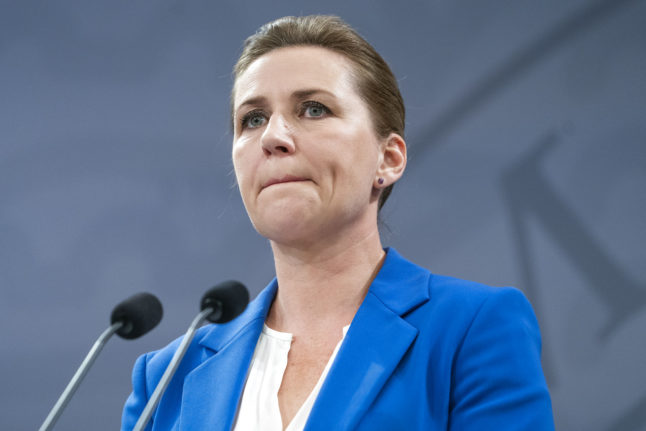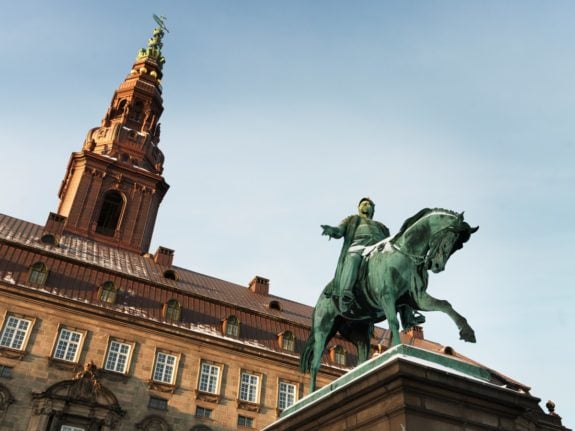Speculation suggests that Frederiksen will announce an election, which could take place by October but possibly earlier, when the Social Democrats convene next week for their summer group meeting.
Legally, the next general election can take place as late as June 4th, 2023.
But despite worsening polls, a general election in Denmark this autumn now appears likely due to increasing pressure on Frederiksen from other parties and heightened criticism of her government.
“It will not be possible to make any new, broad political agreements on this side of a general election. There’s no willingness to compromise between parties. So Danish politics is already frozen by the election campaign, even though it hasn’t been formally announced yet,” TV2’s political editor Hans Redder said last week.
Redder said it was “relatively probable” that Frederiksen will announce an election in August.
“The political season begins next week. Several parties will have their summer group meetings and start calling press briefings. So it’s just a question of which date Mette Frederiksen decides on,” Redder said.
The Social Liberal (Radikale Venstre) party, which is an ally of the government, has demanded Frederiksen call a general election by October 4th.
Although a new general election is not due until next year, the Social Liberals earlier in the summer said they wanted an election by October after the government and Frederiksen were severely criticised earlier this summer in an official inquiry into the mink scandal.
The Social Liberals have the ability to bring down the government by withdrawing their support for Frederiksen and bringing an no confidence motion in parliament, although it’s not certain they would actually do this.
In addition to the mink scandal, Frederiksen’s government has been damaged by a high-profile case centred around leaks at intelligence service Forsvarets Efterretningstjeneste (FE), as well as broader criticism of her leadership style.
“(Frederiksen) really needs some wins and we have not heard much about what their election platform will be. That will come when the 2030 (political) plan is presented,” political analyst Hans Engell told news wire Ritzau.
“Bad opinion polls are not conducive to an early general election and it doesn’t seem as though there is complete clarity over their 2030 plan. They are probably keeping all their options open,” he said.
Talk of an early election comes despite poll numbers looking as bad for the government as they have at any time since they came to power in 2019.
A new opinion poll by Voxmeter for news agency Ritzau on Monday gave the Social Democrats their worst showing since 2015.
The ‘blue bloc’ — anchored by the Liberal party (Venstre) and the Conservative party — command 50 percent of the vote according to the latest poll.
Meanwhile, the government’s ‘red bloc’ holds just 47.5 percent.
The demands that Frederiksen hold elections by October at the latest come from the Social Liberals, also of the red bloc.
The ‘bloc’ classification commonly referred to in Danish politics broadly denotes whether parties are right or left of centre.
‘Blue bloc’ parties will usually work together in parliament and back the leader of the Liberal party to be prime minister if they can command a majority after a general election. The ‘red bloc’ will usually support the Social Democratic leader to become PM, as is currently the case with Frederiksen.
READ ALSO: Danish PM Frederiksen loses majority in ‘neck and neck’ new poll



 Please whitelist us to continue reading.
Please whitelist us to continue reading.
Member comments